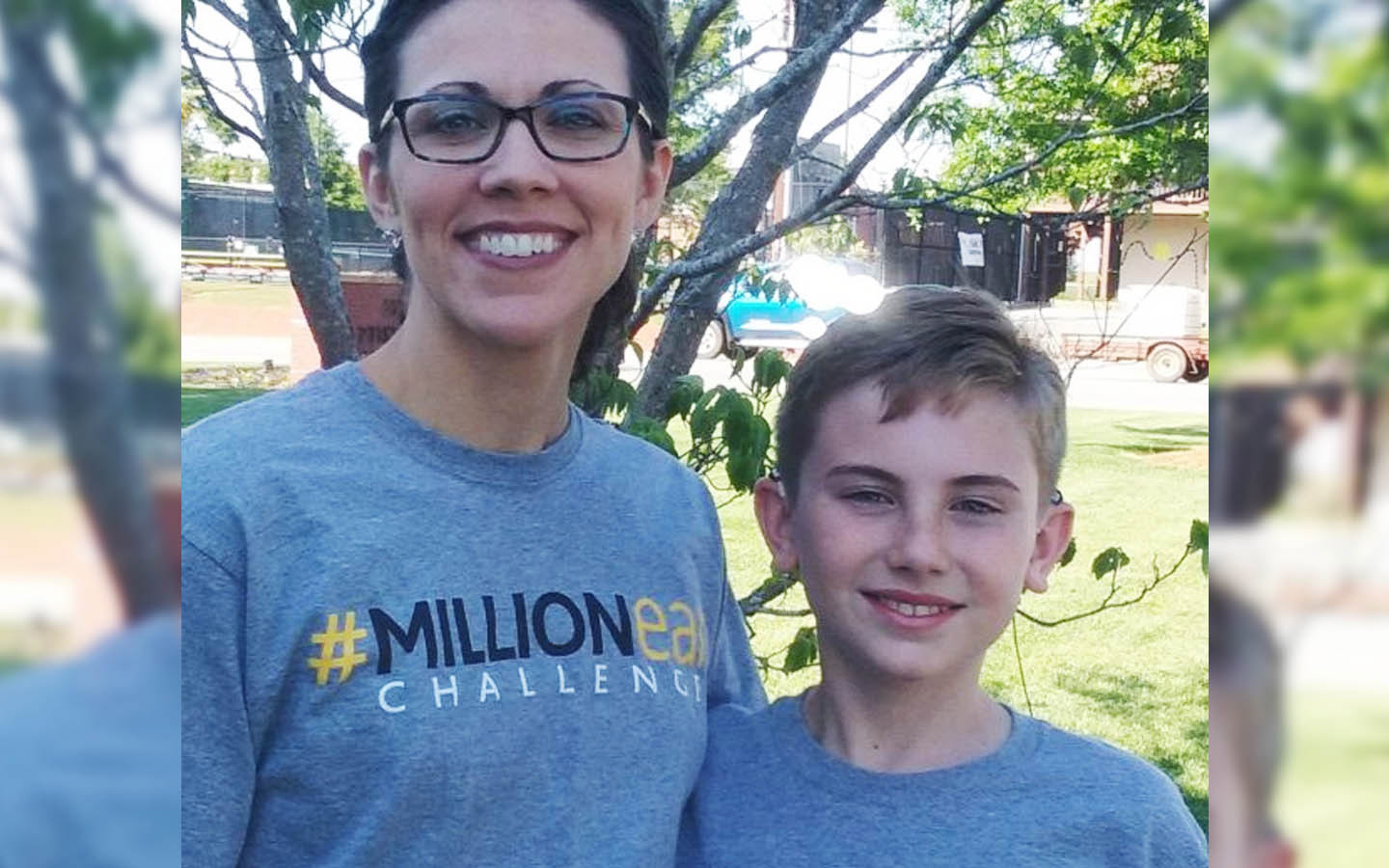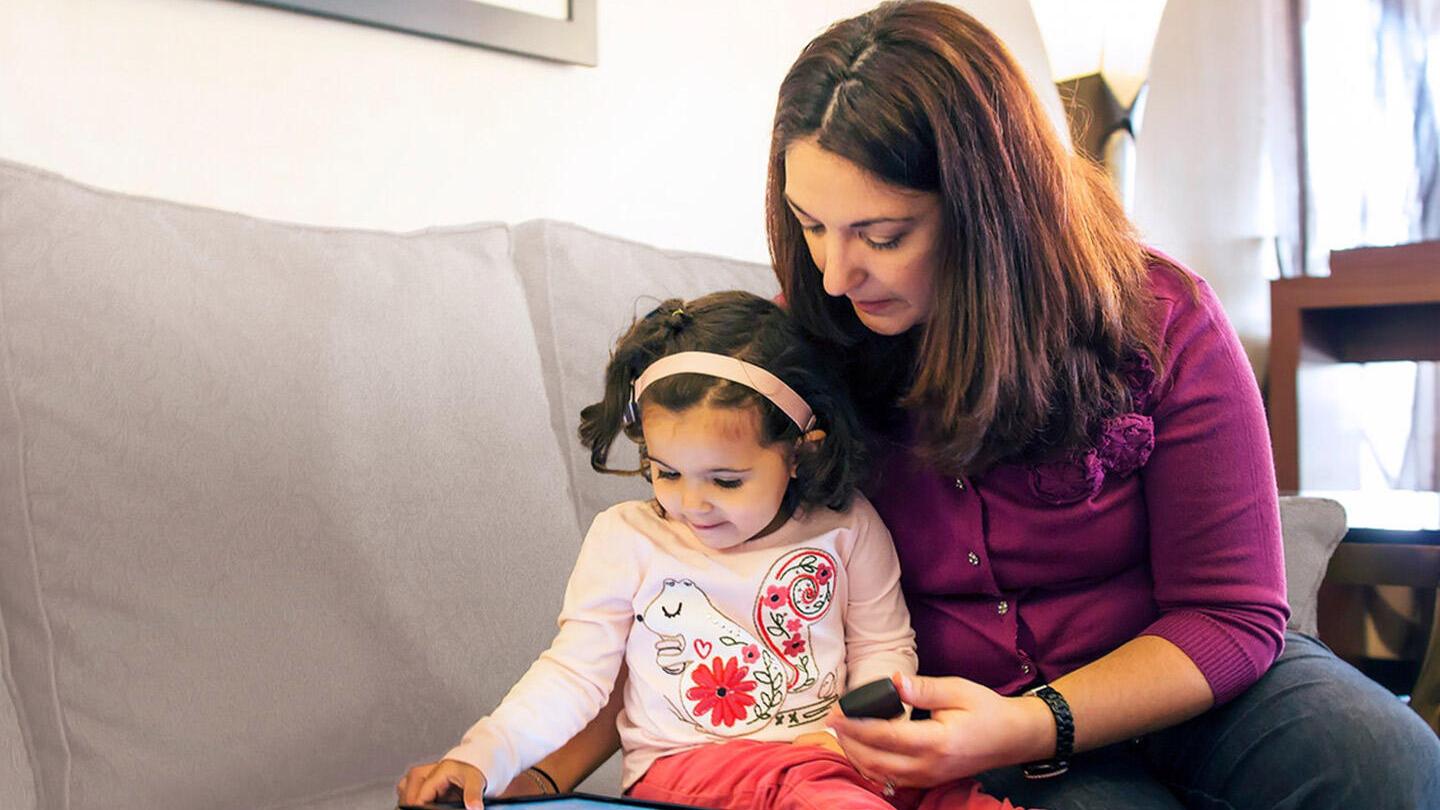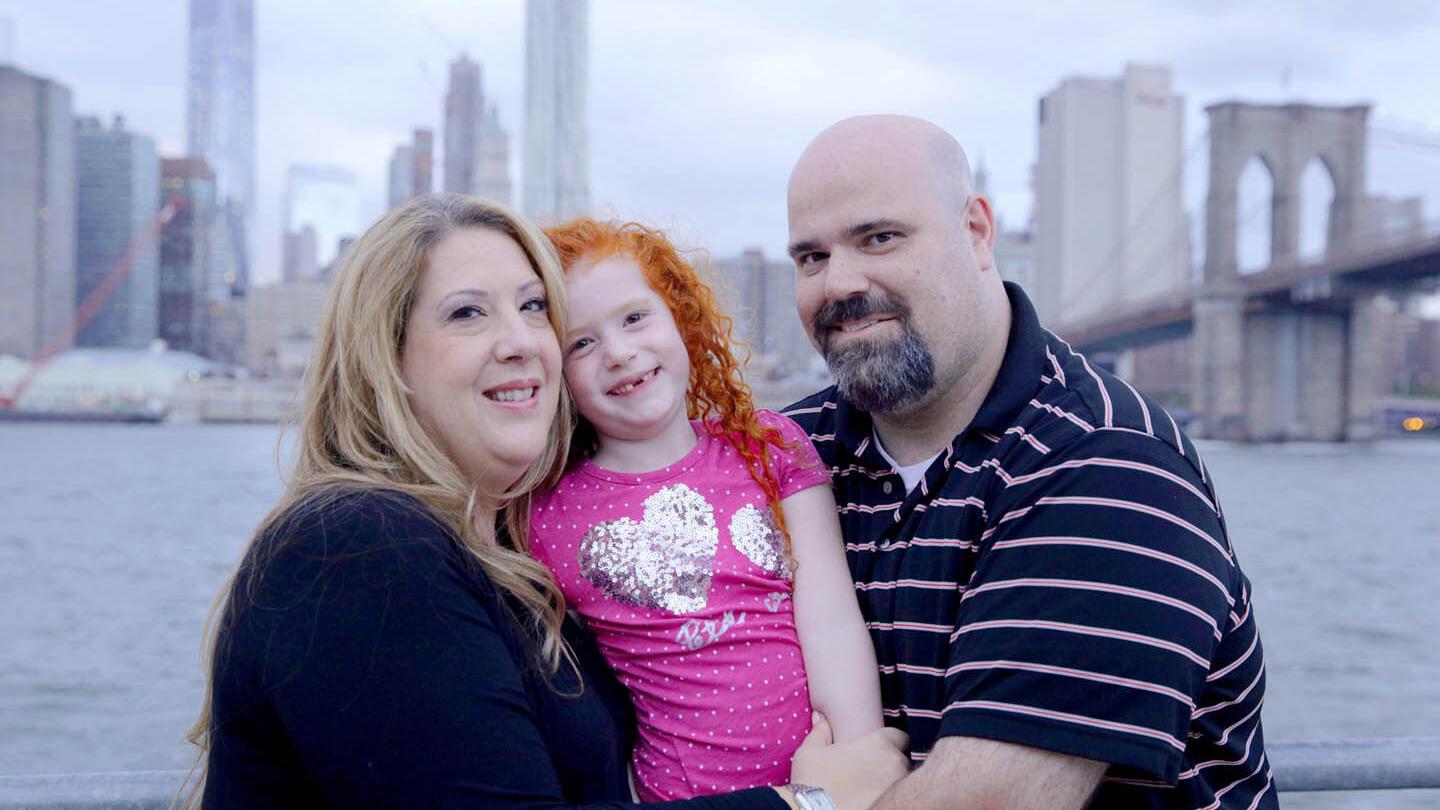Getting speech therapy
For many children with hearing implant solutions, speech therapy has an important part to play in developing language skills.

What you'll find on this page
- Understand the role of a speech therapist
- Access Cochlear's rehabilitation resources to practice listening and speaking at home
- Connect with other parents about their experience with speech therapy
Whether your child already has a hearing implant solution or you’re considering one for them, you’re probably wondering what the future holds. For many children, it may include speech therapy.
“Speech therapy was hard over the years. We would see a lull and then a burst of gain, then a lull again, and I’d start to get frustrated and then another burst. I had to drive to therapy an hour away. It was a haul, but we hung in there. I do believe that therapy is pivotal to success.”
- Mother of Neil M, Cochlear™ Nucleus® System recipient
The role of a speech therapist
Also known as a speech-language pathologist (SLP) and/or auditory-verbal therapist (AVT), a speech therapist can work with your child to help them develop their listening and speaking skills and monitor their progress over time.
This process may not always be easy. Progress may be slow and sometimes frustrating, but the results can be worth it.
Disclaimer
Please seek advice from your health professional about treatments for hearing loss. Outcomes may vary, and your health professional will advise you about the factors which could affect your outcome. Always read the instructions for use. Not all products are available in all countries. Please contact your local Cochlear representative for product information.
Views expressed are those of the individual. Consult your health professional to determine if you are a candidate for Cochlear technology.
For a full list of Cochlear’s trademarks, please visit our Terms of Use page.







